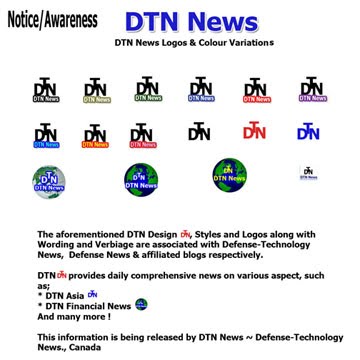(NSI News Source Info) MOSCOW, Russia - August 8, 2010: Russia is dissatisfied with the U.S.’s fulfillment of its obligations in the sphere of the  non-proliferation of weapons of mass destruction, the Foreign Ministry said on Saturday.
non-proliferation of weapons of mass destruction, the Foreign Ministry said on Saturday.
The statement said that “in the period of the validity of START 1, Russia’s concerns in regard to the observance of the treaty by the U.S. were not allayed.”
“Russia has more than once expressed its concerns in connection with the unsanctioned reequipping of five ICBM launch facilities for international ballistic missiles at a testing ground at the Vandenberg [Air Force Base] with interceptor missiles, something that goes against the terms of the treaty,” the statement said.
The statement also said the reequipping of U.S. heavy bombers was cause for concern.
It also said the U.S. had violated a number of other terms of the treaty, including on chemical and biological weapons.
A new START treaty was signed on April 8 in Prague, replacing the START 1 treaty that expired in December 2009. The new pact obligates both nations to cap their fielded strategic nuclear weapons to 1,550 warheads, while the number of deployed and non-deployed delivery vehicles must not exceed 800 on either side.
The Russian and U.S. presidents have agreed that the ratification processes should be simultaneous.
 non-proliferation of weapons of mass destruction, the Foreign Ministry said on Saturday.
non-proliferation of weapons of mass destruction, the Foreign Ministry said on Saturday.The statement said that “in the period of the validity of START 1, Russia’s concerns in regard to the observance of the treaty by the U.S. were not allayed.”
“Russia has more than once expressed its concerns in connection with the unsanctioned reequipping of five ICBM launch facilities for international ballistic missiles at a testing ground at the Vandenberg [Air Force Base] with interceptor missiles, something that goes against the terms of the treaty,” the statement said.
The statement also said the reequipping of U.S. heavy bombers was cause for concern.
It also said the U.S. had violated a number of other terms of the treaty, including on chemical and biological weapons.
A new START treaty was signed on April 8 in Prague, replacing the START 1 treaty that expired in December 2009. The new pact obligates both nations to cap their fielded strategic nuclear weapons to 1,550 warheads, while the number of deployed and non-deployed delivery vehicles must not exceed 800 on either side.
The Russian and U.S. presidents have agreed that the ratification processes should be simultaneous.
Related News
*No evidence of Russian cheating on START I - State Department
*U.S. administration prioritizes new START treaty ratification
*U.S. remains optimistic about arms reduction treaty ratification
*Russian parliament committee backs ratification of new arms deal
*Medvedev to submit new arms treaty to Duma for ratification
*Obama calls on Republicans to cooperate in ratifying arms treaty with Russia
Multimedia
*Russia and U.S. must ratify the new START treaty simultaneously - Medvedev
*START replacement treaty – why did it take so long?
*Strategic Arms Reduction Treaty (START I)
*START I treaty: Basic facts
*No evidence of Russian cheating on START I - State Department
*U.S. administration prioritizes new START treaty ratification
*U.S. remains optimistic about arms reduction treaty ratification
*Russian parliament committee backs ratification of new arms deal
*Medvedev to submit new arms treaty to Duma for ratification
*Obama calls on Republicans to cooperate in ratifying arms treaty with Russia
Multimedia
*Russia and U.S. must ratify the new START treaty simultaneously - Medvedev
*START replacement treaty – why did it take so long?
*Strategic Arms Reduction Treaty (START I)
*START I treaty: Basic facts
+of+DTN+LOGOS+CHART+YELLOW+RED+0.6)






No comments:
Post a Comment